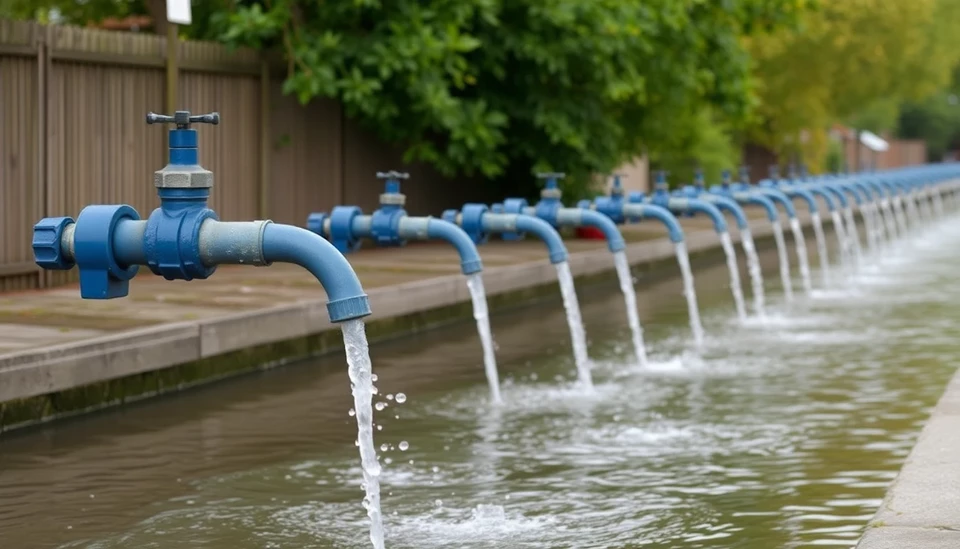
In a strategic move to reinforce its ongoing debt restructuring plan, Thames Water has reached out to its swaps holders, proposing a set of incentive-based arrangements designed to garner their support. This initiative comes amidst increasing pressure on the utility firm as it navigates through financial difficulties exacerbated by high inflation and operational challenges.
The plan, aimed at a substantial £14 billion debt reduction, seeks to negotiate more favorable terms with stakeholders who hold interest rate swaps linked to the company’s substantial borrowing. As part of the strategy, Thames Water is suggesting enhanced financial agreements that would not only alleviate the immediate crisis but also restore investor confidence in the firm’s long-term viability.
Thames Water’s financial struggles have raised significant alarm within the industry, with reports indicating that the company is grappling with deteriorating cash flows and burgeoning operational costs. The water utility, which supplies millions of households in London and the surrounding areas, is attempting to balance its financial obligations while ensuring that it continues to deliver essential services without disruption.
The negotiations with swaps holders are critical, as these financial instruments are often complex and can significantly impact the overall financial landscape of a company. By proposing sweeteners, Thames Water hopes to create a mutually beneficial scenario that encourages swaps holders to agree to the proposed restructuring. Such agreements typically involve concessions on interest rates or alterations in the duration of the swaps, potentially leading to improved cash flow for Thames Water.
The ongoing dialogue is crucial as Thames Water aims to address its burgeoning financial troubles while maintaining operational stability. The company has already taken steps to cut costs and was last reported focusing on reducing capital expenditures while enhancing its operational efficiencies. Nevertheless, the cooperation of swaps holders will be pivotal in determining the success or failure of its broader debt-reduction efforts.
As this situation develops, it is likely that discussions will continue, with both sides needing to navigate the complexities of financial negotiations. The outcome of this strategic engagement could have far-reaching implications not only for Thames Water but also for the overall landscape of the utility sector in the UK.
Investors and analysts alike will be watching closely as the negotiations unfold, eager to see how Thames Water maneuvers through this precarious financial environment. The decisions made in the coming weeks will undoubtedly play a significant role in shaping the utility’s future and its ability to service its current debts while continuing to function efficiently in delivering essential water services to its customers.
In conclusion, Thames Water's latest efforts to engage its swaps holders represent a crucial phase in its journey towards financial stability. Stakeholders will be looking for updates on the progress of these negotiations, especially given the potential implications for the company's legacy and the broader utility sector.
#ThamesWater #DebtRestructuring #FinancialStrategy #SwapsHolders #UtilitySector #UKEconomy #InflationImpact
Author: Victoria Adams




